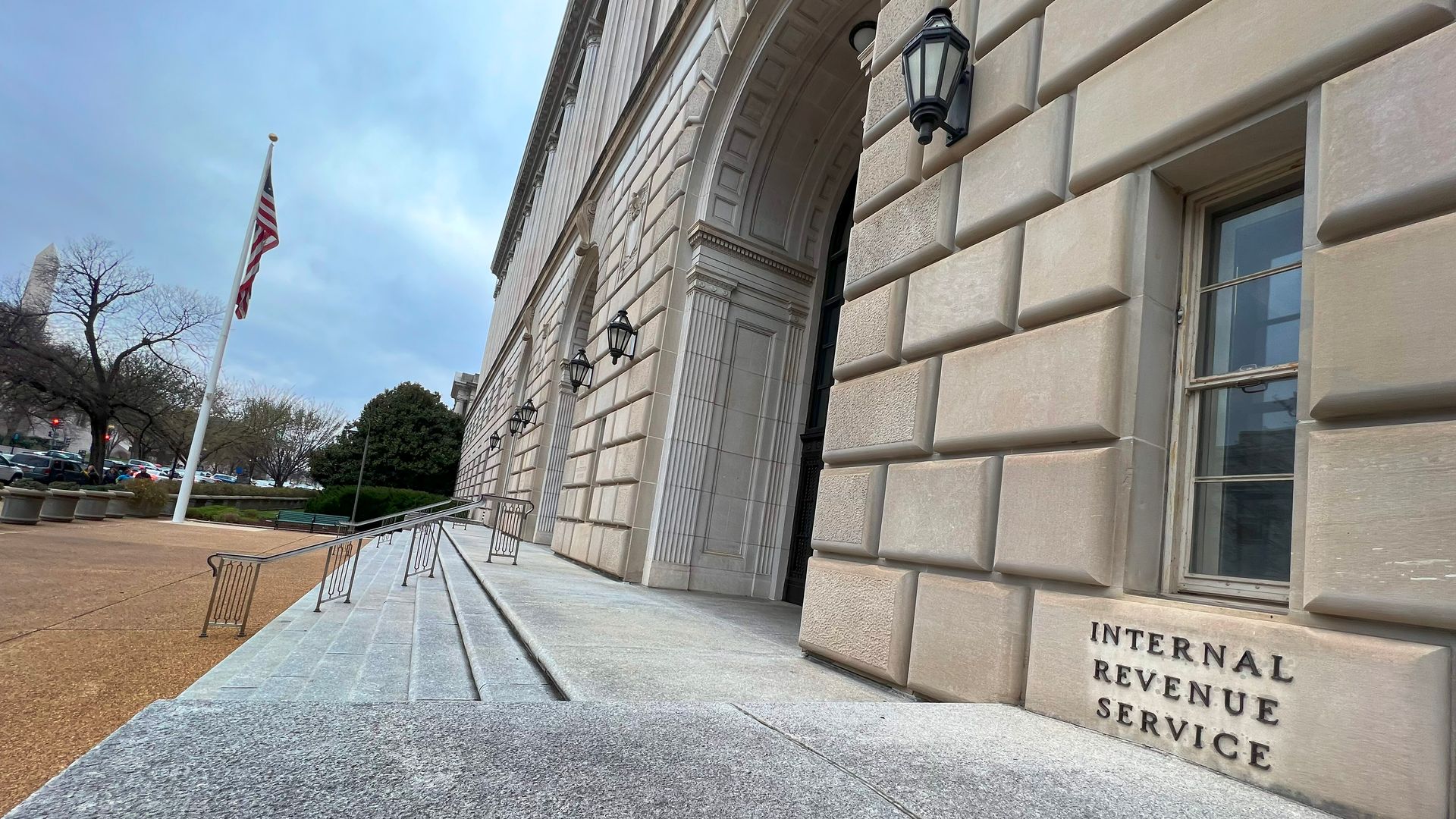
Current State of U.S. Crypto Tax Regulations
As Congress continues to grapple with the establishment of a tax framework for cryptocurrencies, the IRS faces a significant leadership vacuum. Recently, Trish Walker, the head of the IRS’s digital assets office, departed shortly after assuming the role, alongside two other officials from the same department. This has left the agency’s operations concerning digital assets in disarray, particularly in light of the anticipated increase in crypto-related filings due to evolving tax policies.
Why the Departure Matters
The industry awaits more accommodating tax provisions from Congress, yet existing rules remain in effect, including newly introduced documentation like the 1099-DA, which millions are expected to receive. As a surge of crypto filings is expected for the upcoming tax year, the IRS’s ability to handle these changes is under scrutiny, especially given the recent budget cuts that have affected its workforce.
Implications for the Future
The future path for crypto tax regulation remains uncertain, with many questions left unanswered for both taxpayers and tax authorities. Individuals eager for assistance with their digital assets tax liabilities may find limited resources available as the IRS grapples with its diminished capacity.
Stay updated on developments in cryptocurrency taxation by subscribing to the State of Crypto newsletter!


